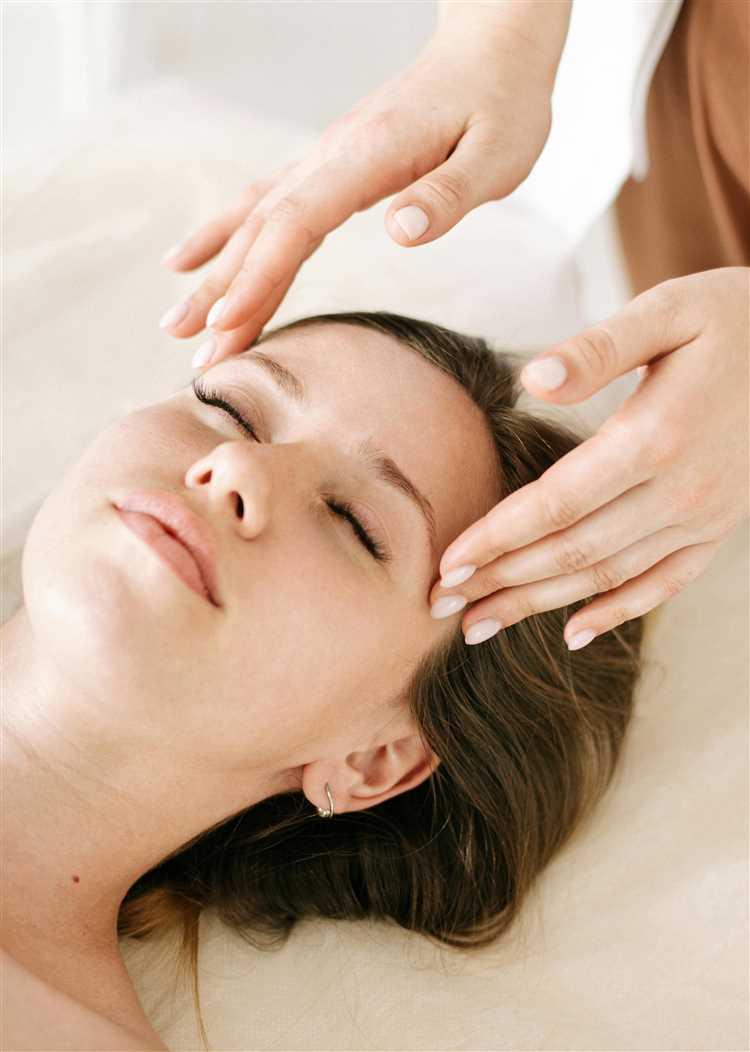
Getting tested for sexually transmitted diseases (STDs) is an essential part of maintaining sexual health, but many people hesitate due to concerns about cost. Fortunately, there are numerous resources available for free STD testing. Whether you’re looking for a clinic near you or need to understand how to access no-cost screenings, there are ways to get the care you need without financial barriers.
Finding free testing services in your area is easier than you might think. Local health departments, community clinics, and nonprofit organizations often offer free or low-cost screenings for various STDs. These services are usually confidential, ensuring your privacy is protected during the process.
In this article, we will guide you through the steps to find free STD check-ups near you, explain the benefits of getting tested, and highlight what you can expect during your visit. By the end, you will have a clear understanding of how to access the services you need to stay healthy and informed.
Research Local Health Clinics
Begin your search by looking into local health clinics, community centers, or nonprofit organizations. Many of these facilities offer free or low-cost STD testing as part of their public health services.
Check Online Directories
Online resources like government health department websites or platforms such as Planned Parenthood often list locations providing free STD screenings. Use their search tools to find the nearest options based on your zip code.
Utilize Hotlines and Helplines
National and local helplines can provide real-time guidance on where to access free STD testing in your area. They often have up-to-date information about special programs or events.
Contact College Health Centers
If you are a student, check with your university’s health services. Many colleges and universities offer free or discounted STD screenings for their students.
Look for Free Health Events
Keep an eye out for community health fairs or events organized by local organizations. These often include free STD testing as part of their services.
Best Places to Find No-Cost Check-Ups
Finding reliable no-cost STD check-ups is essential for maintaining health and well-being. Here are some of the best options to explore:
These options provide accessible and affordable services to ensure regular health check-ups are within reach for everyone.
Advantages of Free STD Testing
Free STD testing provides significant benefits, ensuring accessibility to essential healthcare services without financial barriers. These advantages include:
Improved Health Awareness: Free testing enables individuals to understand their sexual health status, promoting early detection and treatment of infections.
Accessibility for All: No-cost testing ensures that individuals from all socioeconomic backgrounds can access necessary services, reducing health disparities.
Prevention of Complications: Early identification of STDs can prevent long-term health issues, including infertility and chronic conditions.
Confidentiality: Most free testing services prioritize patient privacy, offering discreet and professional care.
Community Health Benefits: Increased access to free testing reduces the spread of infections, promoting a healthier community overall.
By leveraging free STD testing services, individuals can take proactive steps toward maintaining their health and protecting others.
How to Meet Eligibility Criteria
Many free STD testing programs have specific eligibility requirements to ensure services are available to those who need them most. Understanding and meeting these criteria is essential for accessing free testing.
Age Requirements: Some programs prioritize testing for individuals within certain age groups, such as teens and young adults. Check age-related guidelines for your chosen facility.
Income Thresholds: Programs may require proof of income to determine eligibility for free services. Prepare documentation like pay stubs or tax returns if requested.
Residency Proof: Local clinics and health departments often require proof of residence within the area they serve. Utility bills or identification cards can usually fulfill this requirement.
Insurance Status: Some free testing options are designed for uninsured or underinsured individuals. Confirm if insurance information is necessary or if services are entirely free.
Targeted Groups: Certain programs focus on at-risk populations, such as those with recent exposures, LGBTQ+ individuals, or people in underserved communities. Verify if any specific groups are prioritized.
Meeting these criteria ensures smooth access to free STD testing and contributes to more efficient service delivery for everyone in need.
What Happens During an STD Exam
An STD exam is a straightforward and confidential process designed to assess your sexual health. Here’s what you can typically expect:
Medical History Review: The healthcare provider will ask about your sexual activity, symptoms, and any previous STD tests to understand your risk factors.
Physical Examination: A physical check may be conducted to identify visible signs of infections, such as sores, rashes, or discharge.
Sample Collection: Depending on the type of test, you may need to provide a urine sample, blood sample, or swabs from the affected area. These samples help detect infections like chlamydia, gonorrhea, HIV, or syphilis.
Rapid Testing (If Applicable): Some clinics offer rapid tests for infections like HIV, providing results within minutes during the visit.
Counseling and Follow-Up: Once tests are complete, the provider may discuss prevention strategies, answer your questions, and schedule follow-ups if necessary.
STD exams are typically quick and painless, offering critical insights into your sexual health status.
Ensuring Confidentiality in Testing Facilities

Maintaining privacy is a key priority for STD testing facilities. Here are ways these centers ensure confidentiality:
- Private Testing Rooms: Facilities use private rooms to conduct tests, ensuring no one else is present during the procedure.
- Secure Record Keeping: Medical records are stored securely and only accessible to authorized personnel.
- Anonymous Options: Some centers offer anonymous testing, where you are identified only by a code or number.
- Non-Disclosure Policies: Clinics adhere to strict non-disclosure agreements, preventing your information from being shared without consent.
- HIPAA Compliance: Testing sites in the U.S. follow HIPAA regulations to safeguard patient data.
To ensure your comfort and confidence during testing, consider these steps:
- Ask the facility about their confidentiality practices before scheduling an appointment.
- Choose centers with a proven track record of secure and private services.
- Opt for anonymous testing if privacy is a major concern.
These measures ensure a safe and respectful environment for all individuals seeking STD testing.
Other Methods to Obtain Free Testing
Beyond traditional clinics and health centers, there are alternative ways to access free STD testing services:
At-Home Testing Kits: Some organizations provide free at-home STD testing kits. These kits can be ordered online, allowing you to collect samples in private and mail them to a lab for analysis.
Mobile Testing Units: Mobile units often visit underserved areas, providing free testing on-site. Check community health organizations for schedules and locations.
Special Health Events: Community health fairs and awareness campaigns frequently include free STD testing as part of their services. These events are often advertised locally.
Workplace Wellness Programs: Some employers or insurance providers offer free STD testing as part of employee wellness initiatives. Check with your HR department for details.
Partnering Organizations: Charities and nonprofit groups often collaborate with healthcare providers to offer free or subsidized testing to specific groups, such as youth or underserved populations.
These methods expand access to testing, ensuring convenience and privacy for individuals seeking care.